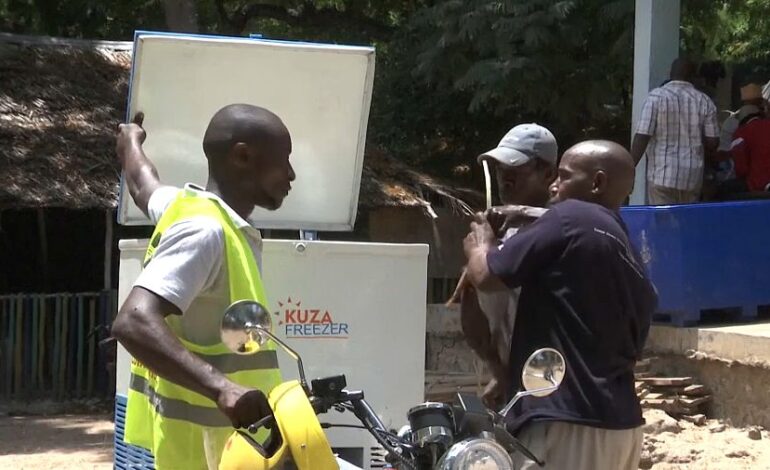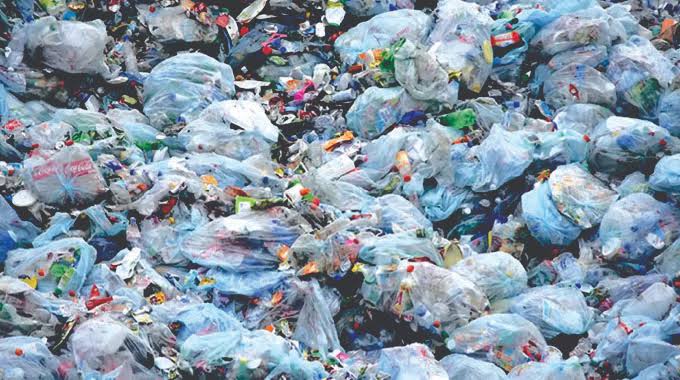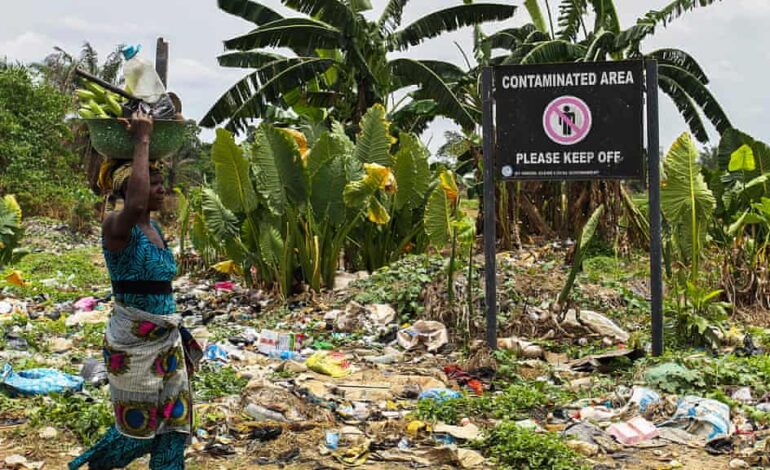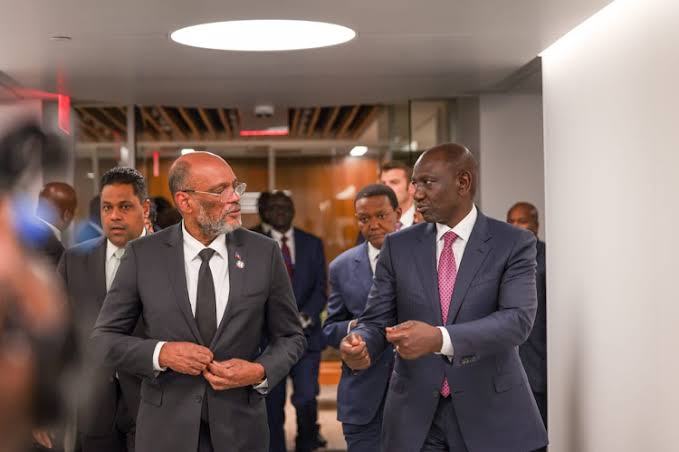
Faith Nyasuguta
In the picturesque coastal city of Mombasa, Kenya, a transformative venture is taking shape, demonstrating the enduring truth of the saying: “one person’s waste is another person’s treasure.”
Against the backdrop of a Mombasa beach, a group of women diligently gathers plastic waste, not for disposal, but as a valuable resource destined to become solar-powered freezers.
This initiative is the brainchild of Kuza Freezer, a dynamic youth-led company committed to turning environmental challenges into opportunities. The collected plastic waste undergoes a meticulous process within the company, where it is broken down into pellets and then skillfully molded into innovative cold storage units.
Each Kuza Freezer comes equipped with a battery that harnesses solar energy through a panel, offering an impressive 7 hours of operating time after just a two-hour charge. The result is a sustainable solution that not only tackles plastic pollution but also provides critical cold storage infrastructure to small-scale businesses in the local fish value chain.
Purity Gakuo, the CEO of Kuza Freezer, shares the company’s mission: “Kuza Freezer is a youth-led company based in Mombasa, Kenya. And we are focused on providing cold storage solutions to small-scale businesses in the fish value chain and enabling them to sustainably improve their income and reduce post-harvest losses.”
The company, with three years of impactful operation, has successfully delivered over 350 machines to a diverse range of customers. These customers include fish traders, poultry and milk vendors, and even ice salespeople.
The freezers produced by Kuza Freezer cater to various needs, from static freezers aboard fishing boats to units that can be installed on premises. Notably, they have also developed a mobile solution – a freezer with a 70-liter capacity that can be mounted on the back of a motorbike, facilitating the efficient delivery of perishable goods.
Kuza Freezer’s commitment extends beyond the sale of their innovative products. The company offers free installation and training to customers, ensuring they maximize the benefits of their cold storage solutions. To monitor and maintain the performance of their units, each freezer is fitted with a tracking device.

The company sells the freezers for Ksh 100,000 ($700) and goes a step further by offering customers the option to pay in installments, making this sustainable solution accessible to a broader demographic. The positive impact on customers’ livelihoods is evident, as they now have a reliable means to address storage challenges and reduce losses associated with perishable goods.
Abdalla Ali, a fisherman, emphasizes the critical role the freezers play in preserving the catch of the day: “We have a big challenge with storage. When we catch fish, we don’t have anywhere to store our fish. We put them in ice. Then, when transporting, we have problems because the ice decreases, the sun is also hot, and this can ruin the fish and result in losses for us.“
Nickson Otieno, CEO of Nikogreen, a Nairobi-based sustainability consulting firm, underscores the broader societal benefits of Kuza Freezer’s approach. “Number one is the issue of food security resulting from food losses. Food losses come about because we produce perishable food, but then we do not have enough infrastructure to deliver that food to end consumers in time while it is fresh,” explains Otieno.
“Secondly, we have a lot of issues with waste and especially plastic waste, which is choking our environment. By taking up this waste, recycling it, and using it to make the external body of the freezers, it also addresses the challenge of this waste.”
In essence, Kuza Freezer’s innovative blend of environmental stewardship and community empowerment exemplifies a model where sustainable business practices contribute to solving pressing societal challenges.
The convergence of waste repurposing, renewable energy utilization, and economic empowerment positions Kuza Freezer as a beacon of sustainability in Kenya’s coastal landscape.
As the company navigates the intersection of environmental conservation and socioeconomic development, its journey reflects the potential for creative solutions to transform communities and contribute to a more sustainable future.
RELATED:




